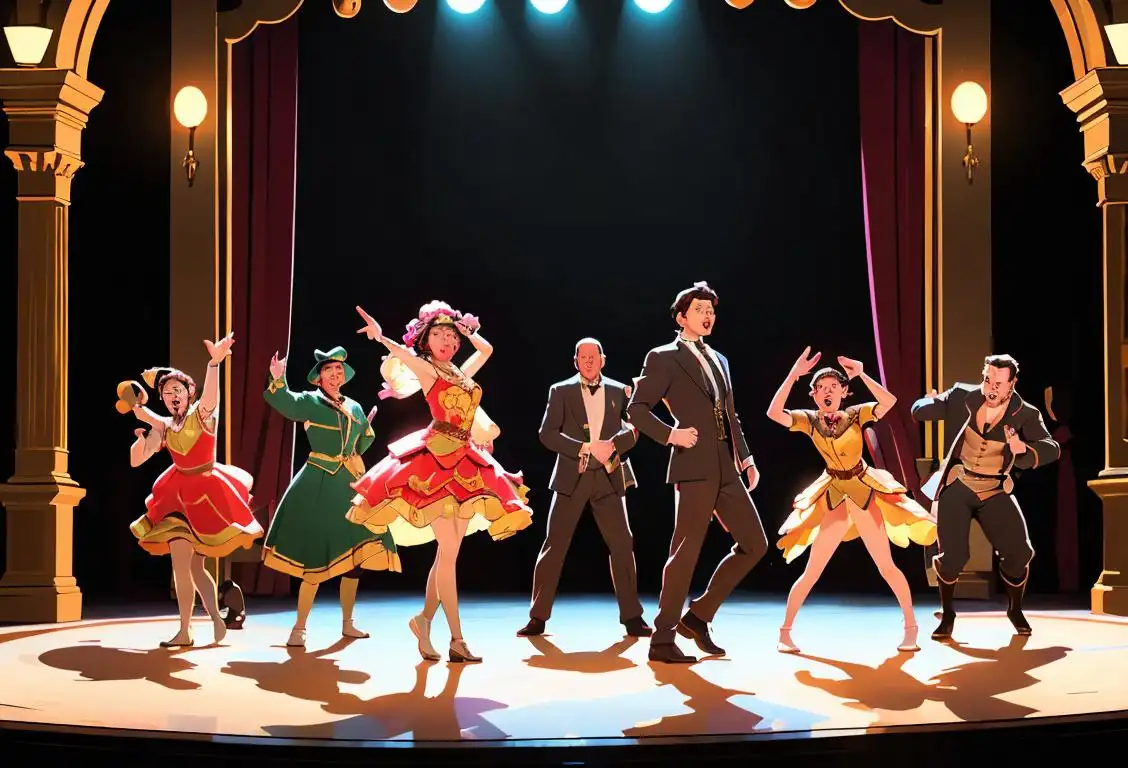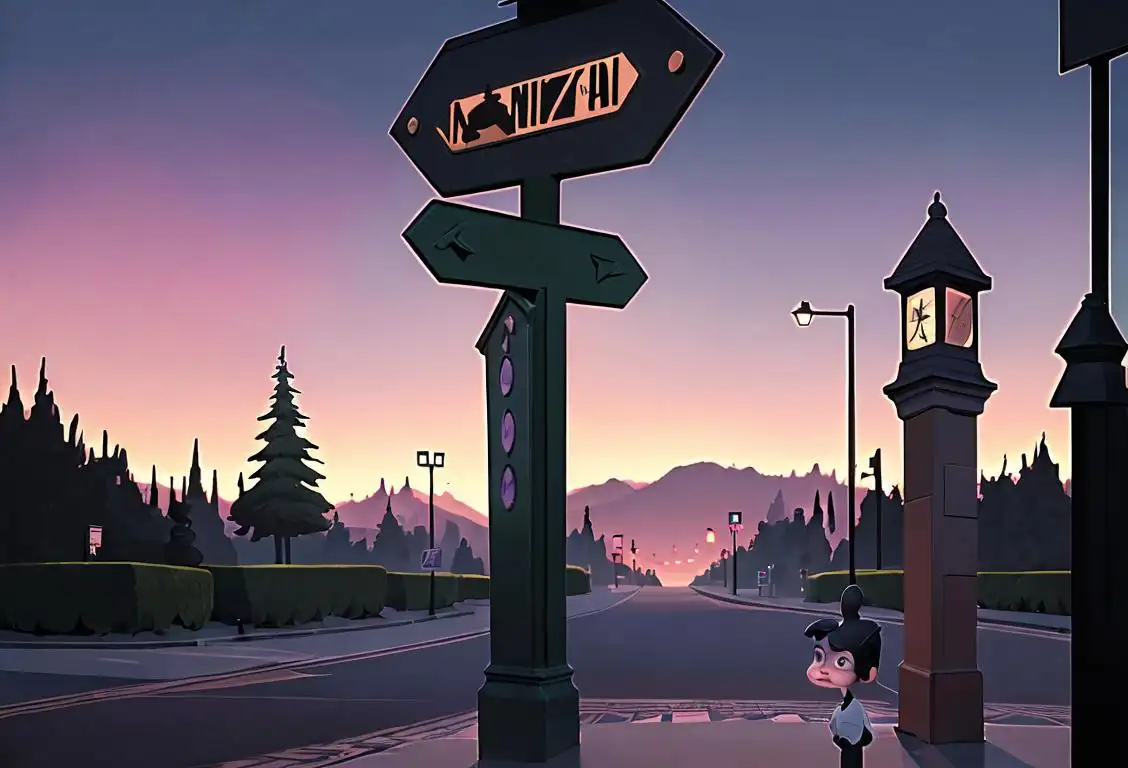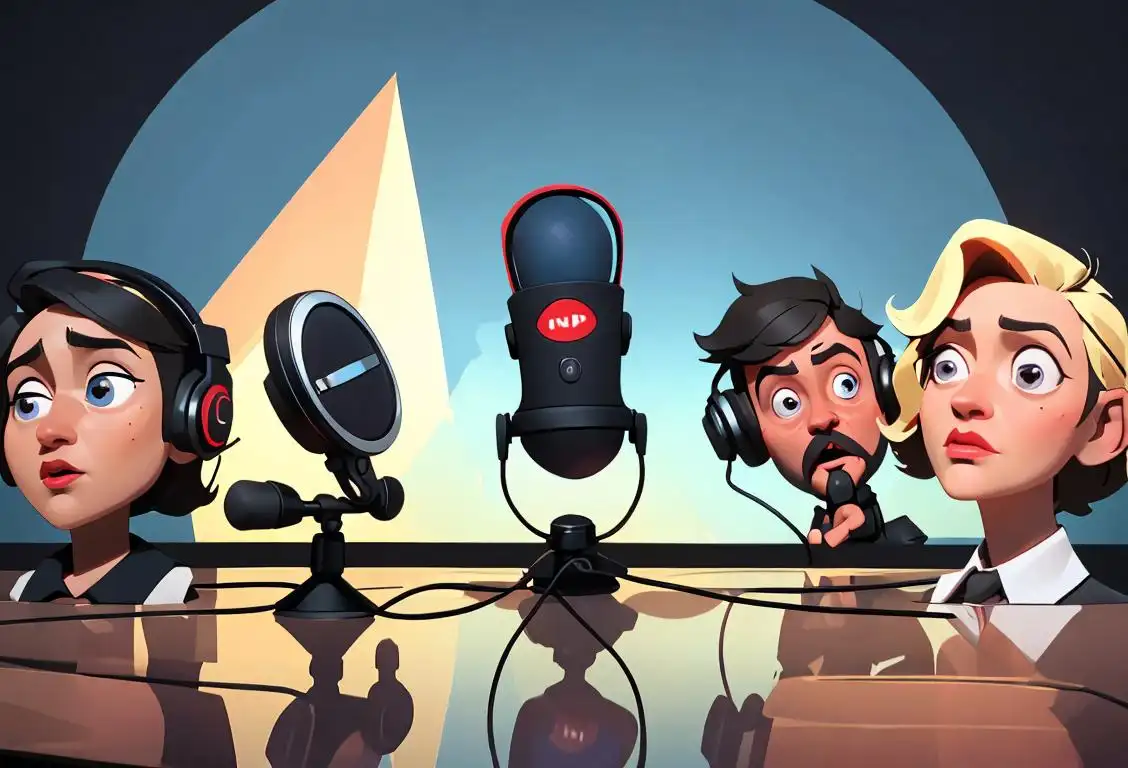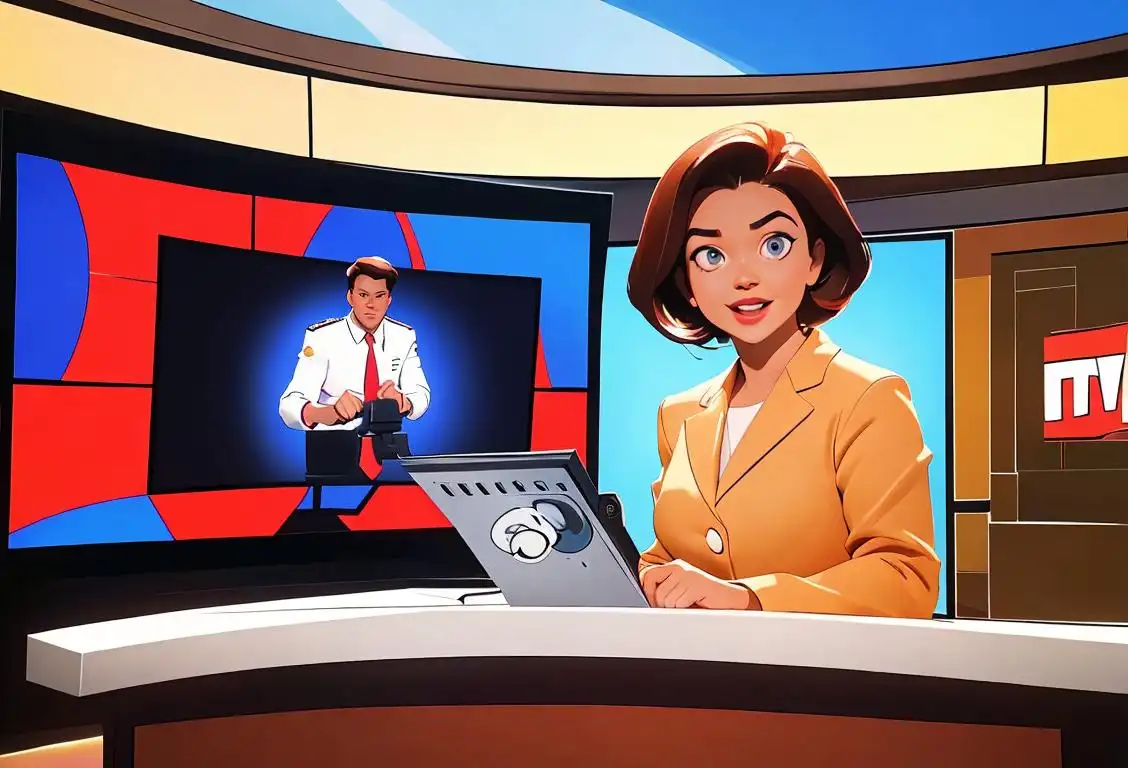National Theatre Day

Hey there theater lovers! Get ready to celebrate National Theatre Day, a day dedicated to the magic, drama, and creativity that takes place on stages all around the world. Whether you're a performer, a director, a backstage crew member, or just a passionate audience member, this day is all about appreciating the incredible art form that is theater.
When is Theatre Day?
It's national theatre day on the 28th March.
The Magic of the Stage
Picture this: the lights dim, the curtain rises, and the audience holds its breath in anticipation. There's something truly special about the experience of live theater. It's a unique blend of storytelling, visual spectacle, and the raw energy of human performance.
For centuries, theater has been a place where stories come to life, emotions are stirred, and minds are expanded. From Shakespeare's timeless classics to modern-day musicals like Hamilton, theater has the power to transport us to different worlds and reflect the complexities of the human experience.
On National Theatre Day, we celebrate the art of theater-making in all its forms. We honor the actors who bring characters to life, the directors who shape the vision, the designers who create immersive sets and costumes, and the playwrights who craft compelling stories.
The Rich History of Theater
Theatre has a long and fascinating history that stretches back to ancient civilizations such as the Greeks and the Romans. These early theater productions were often performed in amphitheaters and consisted of plays, comedies, and even musical performances.
Over the centuries, theater evolved and adapted to different cultures and societies. In the 16th and 17th centuries, the works of William Shakespeare revolutionized English theater and showcased the power of the spoken word. The rise of the Proscenium Arch in the 18th century brought a new level of grandeur and realism to European theaters.
In more recent years, theater has become a medium for groundbreaking storytelling and bold experimentation. From the rise of musical theater to the emergence of immersive and interactive productions, the theatrical landscape continues to evolve and push boundaries.
Celebrating National Theatre Day
So, how can you celebrate National Theatre Day? Here are a few ideas:
- Attend a live theater performance in your local community. Support your local theater scene and be transported by the magic happening right in front of you.
- Explore the world of virtual theater. Many theaters now offer online performances and streaming options so you can enjoy the thrill of live theater from the comfort of your own home.
- Take a behind-the-scenes tour of a theater. Discover the fascinating inner workings and learn about the technical aspects of putting on a show.
- Join a local theater group or drama club. Whether you're a seasoned thespian or a total newbie, there's always room for more theater enthusiasts.
No matter how you choose to celebrate, just remember that theater is a collaborative art form that relies on the passion and dedication of many individuals. So, let's raise the curtain and give a round of applause to all the talented people who make theater possible.
History behind the term 'Theatre'
5th Century BC
Ancient Origins
The history of theater begins in ancient Greece, where performances evolved as part of religious festivals in honor of the Greek gods. The term 'theatre' derives from the Greek word 'theatron,' which means 'a place for seeing.' The performances were initially held in outdoor amphitheaters and involved a chorus and actors who wore masks to portray characters, often based on mythological stories.
69 BCE
Roman Influence
During the Roman Empire, theater expanded and became more professional. The Romans adopted Greek theatrical practices but introduced their own innovations. They constructed permanent theaters with seating arrangements and developed stage machinery like trapdoors and pulley systems. The Latin term 'theatrum' was derived from the Greek 'theatron' and used to refer to the structure itself rather than the art form performed within it.
16th Century
Renaissance Theater
After the decline of theater during the Middle Ages, a resurgence occurred during the Renaissance. This period marked a significant shift in theater as it moved indoors from open-air amphitheaters to enclosed spaces called playhouses. The term 'theatre' gained popularity during this time and referred to both the physical building and the art of theatrical performances. Prominent playwrights like William Shakespeare emerged, bringing forth timeless works still celebrated today.
19th Century
Modernization and Innovation
The 19th century witnessed a wave of modernization in the theater. Technological advancements, such as gas lighting and more sophisticated stage machinery, revolutionized the theatrical experience. The term 'theatre' expanded beyond traditional plays to include musicals and variety shows, catering to a wider audience. This era also saw the emergence of famous theater districts like London's West End and New York's Broadway, cementing theater as a cultural institution.
20th Century
Experimentation and Avant-Garde
In the 20th century, theater underwent further transformations, as artists explored new styles and challenged traditional norms. The term 'theatre' began to encompass experimental and avant-garde performances that pushed boundaries and questioned social and political conventions. Playwrights like Samuel Beckett and Bertolt Brecht introduced innovative techniques, while theaters like Moscow Art Theatre and Theatre of Cruelty gained prominence. It became an era of artistic experimentation and self-expression.
Present Day
Continued Evolution
Theater continues to evolve and adapt to the ever-changing cultural landscape. From traditional productions to immersive experiences, the term 'theatre' encompasses a wide range of performance styles and genres. Modern advancements in technology have led to the emergence of digital and virtual theater, allowing audiences to engage with live performances from anywhere in the world. Theater remains a vibrant art form that captivates and unites people through storytelling and shared experiences.
Did you know?
Did you know that the oldest continuously operating theater in the world is the Teatro Olimpico in Vicenza, Italy? It was built in 1585 and still hosts performances to this day!Tagged
fun entertainment artsFirst identified
18th November 2015Most mentioned on
28th March 2018Total mentions
672Other days
Theatre Day
Twilight Zone Day
Video Games Day
Best Dick Day
Podcast Day
Tv Station Rounded Up News Session For The Day
Television Show Day
Sport Day
Pencil Day
Ten Day








